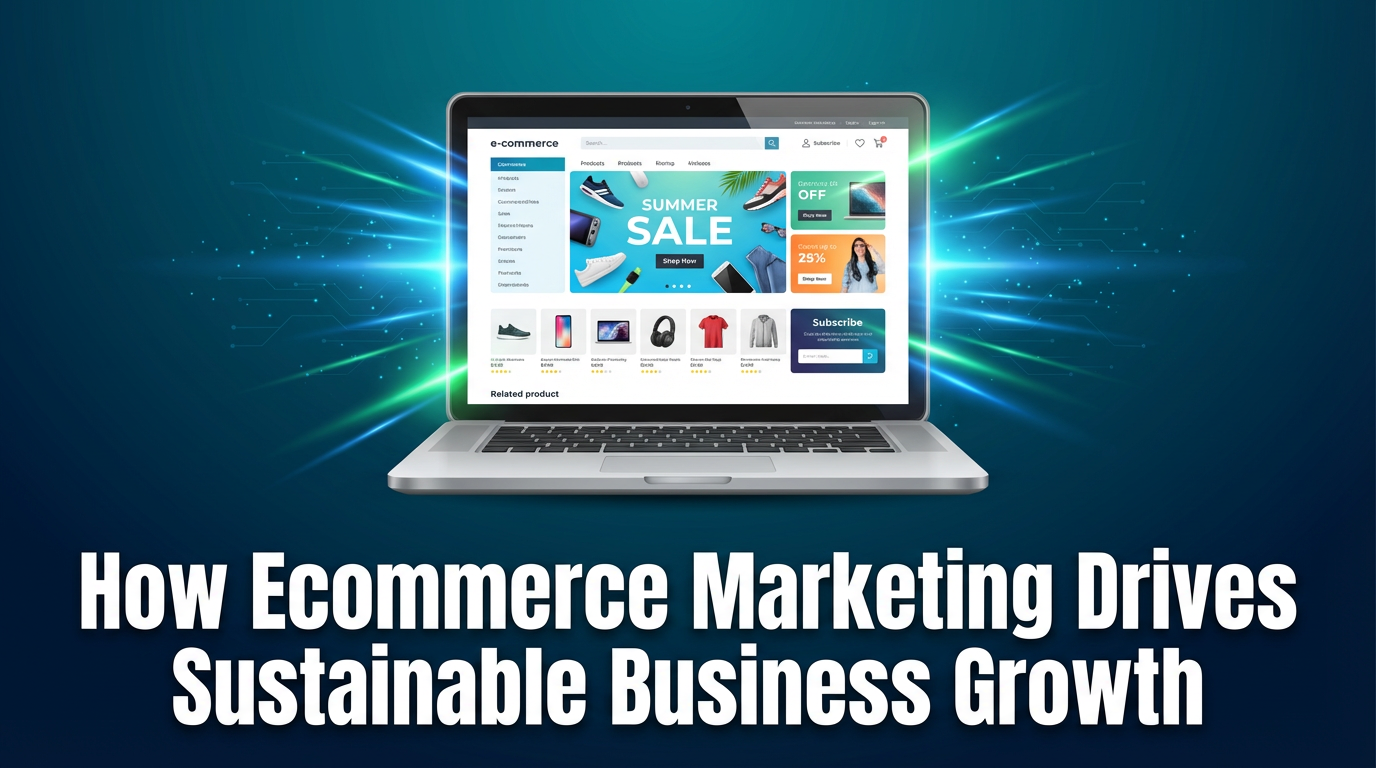If you’re in the regulated industry and looking to start or scale your online store, choosing the right eCommerce platform is crucial. The two most talked-about platforms today are WooCommerce vs Shopify. But which one is the best fit for your business?
Let’s break down the pros and cons of WooCommerce vs Shopify with the unique needs of businesses in mind—whether you’re selling e-liquids, devices, or accessories.
1. Compliance & Restrictions
When contrasting WooCommerce vs Shopify, compliance with the regulated industry is the most important and first factor. Shopify has more stringent rules for items related to vaping and tobacco. When selling items on Shopify, several merchants have complained about restrictions or problems with their accounts.
However, WooCommerce provides greater freedom because it is open-source and self-hosted. Without relying on platform regulations, you can effortlessly incorporate age verification, warning messages, and geo-restrictions.
Winner for compliance: WooCommerce
2. Payment Gateway Flexibility
Due to high-risk classification, payment processing is frequently challenging in the regulated sector. Shopify imposes additional costs if you choose not to use their in-house Shopify Payments system, which is limited for items in some areas, and only accepts a limited number of payment processors.
WooCommerce allows you to select the high-risk payment gateway that works best for your business from a large selection.
Winner for payments: WooCommerce
3. Customization & Branding
Customization is crucial in the WooCommerce vs Shopify debate, particularly in the industry where advertising, packaging, and design are crucial.
Shopify has lovely themes, but unless you know how to use Liquid, its coding language, you won’t be able to make sophisticated design adjustments. Because WooCommerce is an open-source, it gives you complete flexibility over branding, design, and even specific features like flavor collection.
Winner for design flexibility: WooCommerce
4. Ease of Use & Time to Launch
Shopify wins when it comes to simplicity. With a drag-and-drop interface, built-in hosting, and minimal setup, you can launch your store quickly (as long as you pass their compliance checks).
WooCommerce takes longer to set up and manage, but it pays off with long-term flexibility.
Winner for quick launch: Shopify
Winner for long-term flexibility: WooCommerce
5. SEO & Marketing Tools
For businesses, organic traffic is gold. Comparing WooCommerce vs Shopify, WooCommerce has an edge due to its integration with WordPress, giving you full control over SEO, content marketing, and blogging.
Shopify has strong built-in SEO features but limits full control compared to WooCommerce.
Winner for SEO: WooCommerce
6. Cost Considerations
WooCommerce is free to start but includes costs for hosting, plugins, and security. Shopify has transparent pricing with monthly fees and additional app costs.
For businesses, cost isn’t just about price—it’s about value. Shopify might cost more and come with more limitations. WooCommerce can be more budget-friendly in the long run if managed right.
Winner for long-term value: WooCommerce
7. Final Verdict: WooCommerce vs Shopify for Businesses
When it comes to WooCommerce vs Shopify, businesses should lean toward WooCommerce. The flexibility, compliance control, and freedom in payment gateways make it the smarter, safer, and more scalable option. At BrainBean Technolabs, we specialize in creating high-converting eCommerce stores using WooCommerce. From friendly payment integration to age-gating and SEO optimization — we handle it all. Let’s build a compliant, bold, and scalable store for your brand.







 Get Started
Get Started